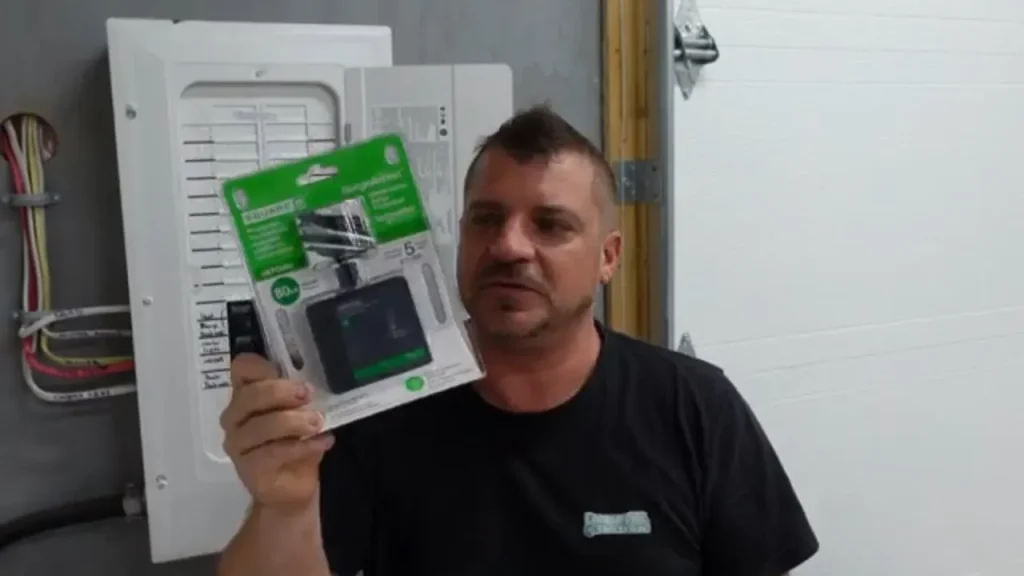Is It Safe to Use the Internet During Lightning Storm?
We get this question a lot: Is it safe to use your internet or devices connected to it during a lightning storm? The short answer is—yes and no.
Let’s break it down.
Wi-Fi vs. Wired Connections
If your devices are connected via Wi-Fi, you’re generally safe. Lightning doesn’t travel through the airwaves that Wi-Fi uses, so your smartphone or laptop on a wireless connection isn’t likely to get zapped.
But here’s where the danger lies: solid connections like Ethernet cables, hardwired PCs, TVs, Android boxes, Apple devices, and anything plugged directly into your network or power grid are at risk during a lightning strike.
Surge Protection: What It Can and Can’t Do
Surge protection is always a good idea. Whether it’s:
- A surge power bar
- Whole-home protection at the electrical panel
- A UPS (uninterruptible power supply)
These devices are designed to guard against voltage spikes—sudden increases or drops in electrical current caused by grid fluctuations or distant lightning strikes.
But let’s be clear: no surge protector can withstand a direct lightning strike. If lightning hits your yard or house and travels through your electrical system, it’s game over for your gear.
A Real-Life Example
I have a large property with multiple devices—some on Wi-Fi, others hardwired via Cat6 Ethernet cable. I also have a wired dog fence that wraps around the perimeter—about 2,000 feet.
A few weeks ago, during a powerful lightning storm, a bolt struck near the back of my property. It didn’t hit a tree directly, but the ground was moist enough that the electrical charge traveled through the dog fence wire, into the transformer, and then back into my electrical system.
The result?
- Every single Ethernet port in my network fried.
- I had to replace my modem.
- Multiple jacks were ruined.
- Several computers were damaged.
All from a strike that didn’t even hit my house directly.
Should You Use the Internet During a Storm?
So—is it safe? Yes, if you’re on Wi-Fi only.
But honestly, why risk it?
If a storm is coming, unplug your sensitive electronics.
- Unplug your TVs
- Unplug your stereo systems
- Unplug your computers
- Unplug your modem/router
There’s no surge protector on the market that can save your system from a direct lightning strike.
A Word on Warranties
Some top-tier surge protectors have warranty indicators—green lights when functioning, red lights when they’ve failed. You might get a replacement under warranty if it was just a regular surge.
But if your surge protector gets blown apart or blackened from a direct hit and you take that back to the store—they’ll laugh. You’re not getting a refund.
Final Thoughts
As an electrician, I’ve seen lightning do wild things:
- Strike a tree
- Travel through a clothesline
- Enter a home and set it on fire
- Exit through a ground rod and even follow the well line
When lightning hits close—or directly—there’s nothing you can do to fully protect your electrical system. The only system that actually helps in such cases is the old-school lightning rod, which diverts strikes into the ground. Unfortunately, you don’t see them much anymore.
So here’s the takeaway:
- Invest in a good quality surge protector.
- Unplug your devices during severe weather.
It’s a small effort to avoid a very expensive mistake.
Thanks for reading!
If you found this helpful, don’t forget to like, subscribe, and share. Stay safe—and we’ll see you next time.


